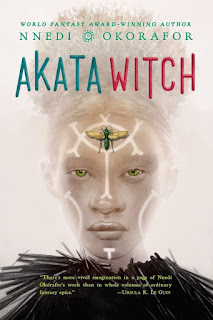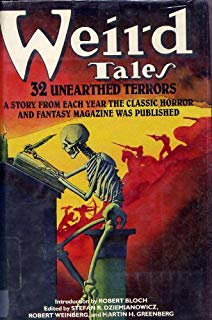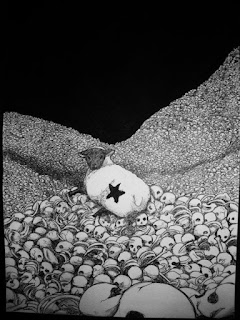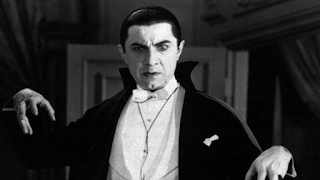Akata Witch - Not the Typical "Witch" Story

Akata Witch, often called “Nigerian Harry Potter”, shares a lot of similarities with many modern witch tropes, and brings its own refreshing spin to the table with its cultural roots. The main character, Sunny, an albino Nigerian girl born in New York City, and her fellow leopard people in a world of lambs, share in the outcast nature that witch stories often share. Sunny is raised in a harsh, traditional patriarchal family led by her father, where she notices a difference between how her family treats her versus her brothers. Once she is initiated into the Leopard world, she finds solidarity in her coven of four other leopard witches and strong people of varying backgrounds to look up to. The Leopard people of the story draw their power from nature, and through that understanding themselves, another common theme of witch-themed works. To add, the power of knowledge is highly respected in the world of Akata Witch, forming even the basic currency system of the Leopard world. She eve



